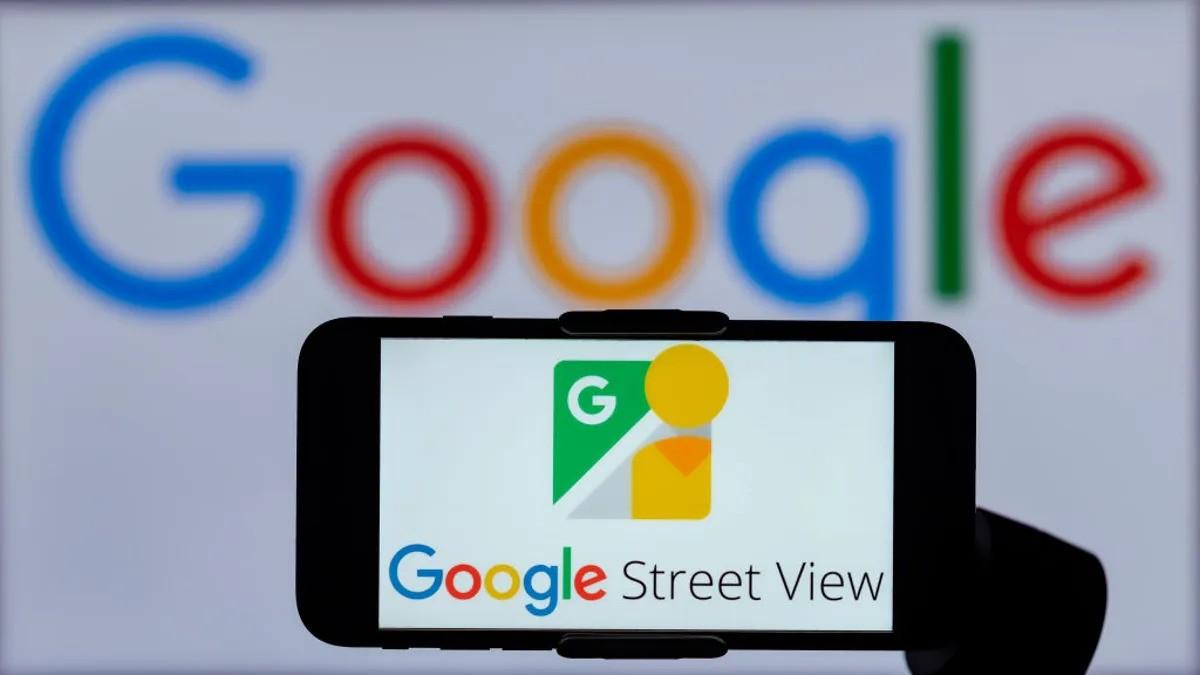In a student project known as Predicting Image Geolocations (PIGEON), three Stanford graduate students showcased the remarkable geolocating capabilities of artificial intelligence (AI). Initially designed to identify locations on Google Street View for a popular online game called GeoGuessr, the program demonstrated an unexpected proficiency in accurately determining the locations of personal photos it had never encountered before.
The project originated in a class at Stanford, where students Michal Skreta, Silas Alberti, and Lukas Haas decided to build an AI player for GeoGuessr, leveraging an existing image analysis system called CLIP, developed by OpenAI. Using a dataset of approximately 500,000 Google Street View images, the students trained their model to identify the locations depicted in the images. The resulting PIGEON system achieved impressive performance, correctly guessing the country in 95% of cases and often pinpointing locations within about 25 miles of the actual sites.
The success of PIGEON was put to the test in a head-to-head competition against a skilled human geoguesser named Trevor Rainbolt, who had previously located a photo of a random tree in Illinois. PIGEON emerged victorious, marking the first time an AI had defeated Rainbolt. The program’s proficiency lies in its ability to discern subtle visual cues, including differences in foliage, soil, and weather.
While the applications of PIGEON are numerous and promising, concerns have been raised about its potential misuse. Jay Stanley, a senior policy analyst at the American Civil Liberties Union (ACLU), expressed worries about the technology being used for government surveillance, corporate tracking, or even stalking. Privacy concerns arise as the program can potentially expose information about individuals that they never intended to share.
Despite some limitations, such as occasional misidentifications, PIGEON demonstrated the vast potential power of AI for geolocation. Google already utilizes AI for “location estimation,” although it currently relies on a catalog of about a million landmarks rather than the extensive 220 billion street view images Google has collected. Stanley emphasized the need for awareness regarding the background details in photos posted online, as AI geolocation technology continues to advance.
The Stanford graduate students, cognizant of the potential risks, have refrained from making their full model publicly available, publishing a paper on their technique instead. However, Stanley believes that the use of AI for geolocation is likely to become even more powerful in the future, urging individuals to be mindful of the information present in the photos they share online.

